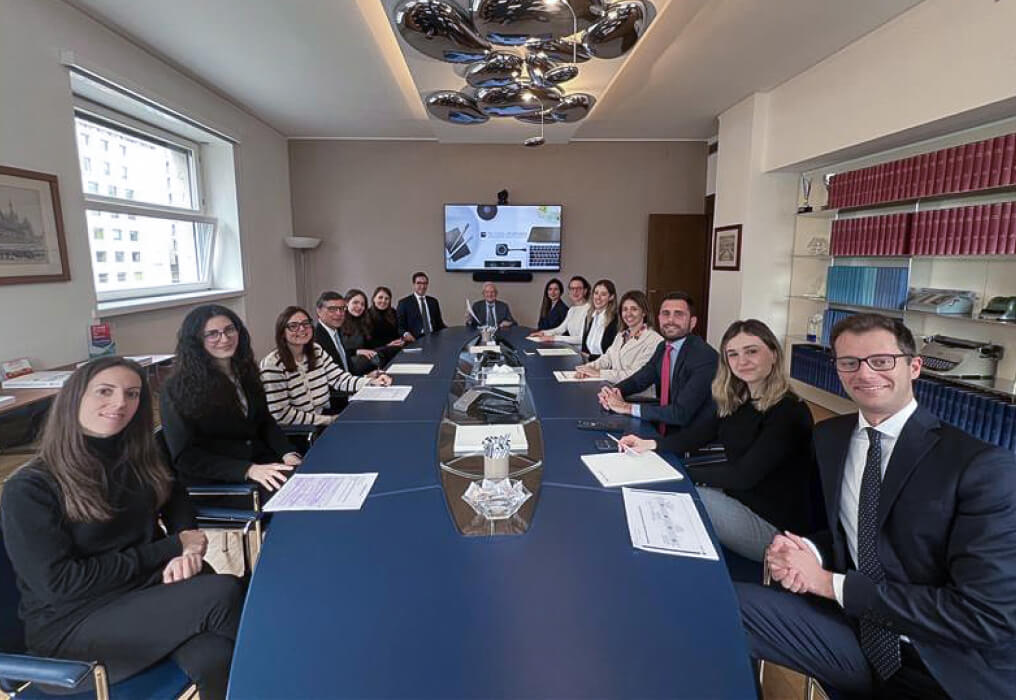Dismissals: the Corte costituzionale grants broader discretion to judges and greater scope for reinstatement (I Focus del Sole 24 Ore, 26 febbraio 2026 – Vittorio De Luca e Alessandra Zilla)
The regulation of dismissals continues to represent one of the central pillars of Italian labour law, an area of constant tension between freedom of economic initiative and the…








